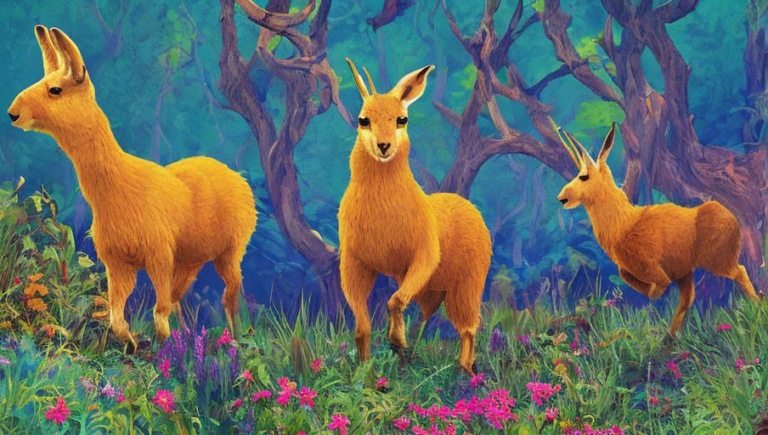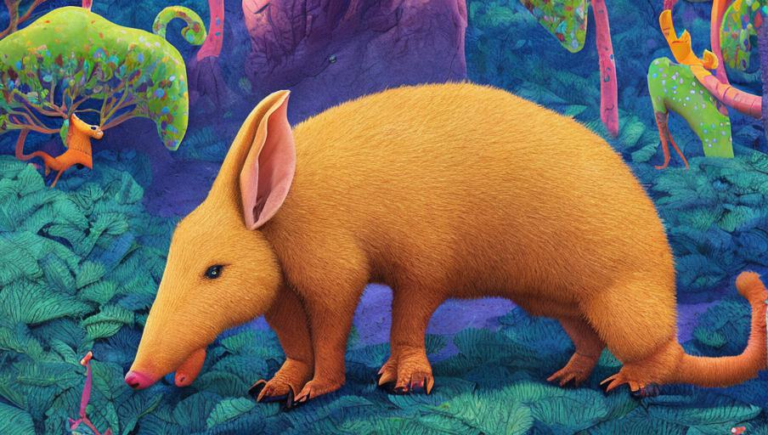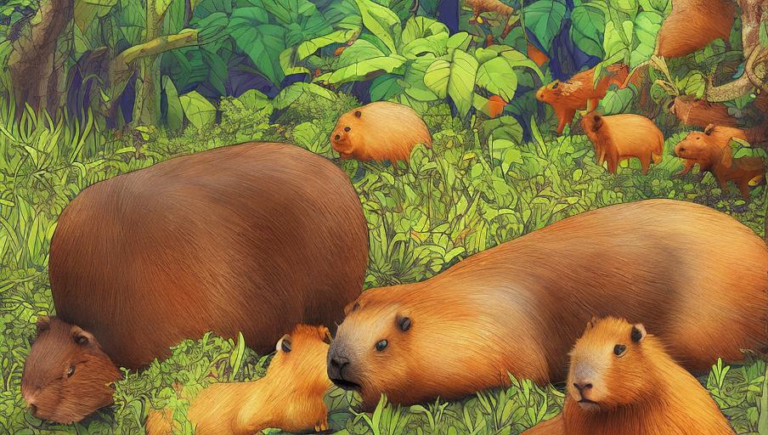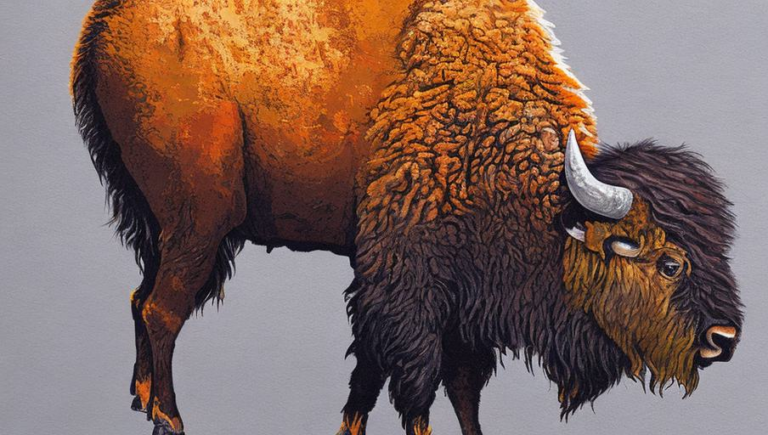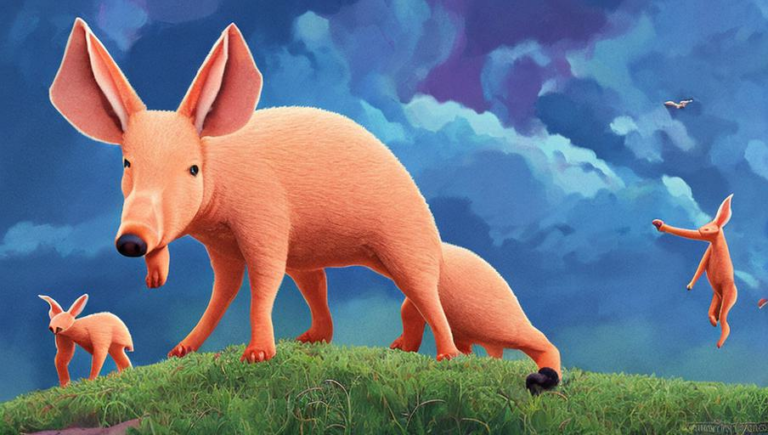Bringing Up Cubs: How Cheetah Moms Raise Their Young
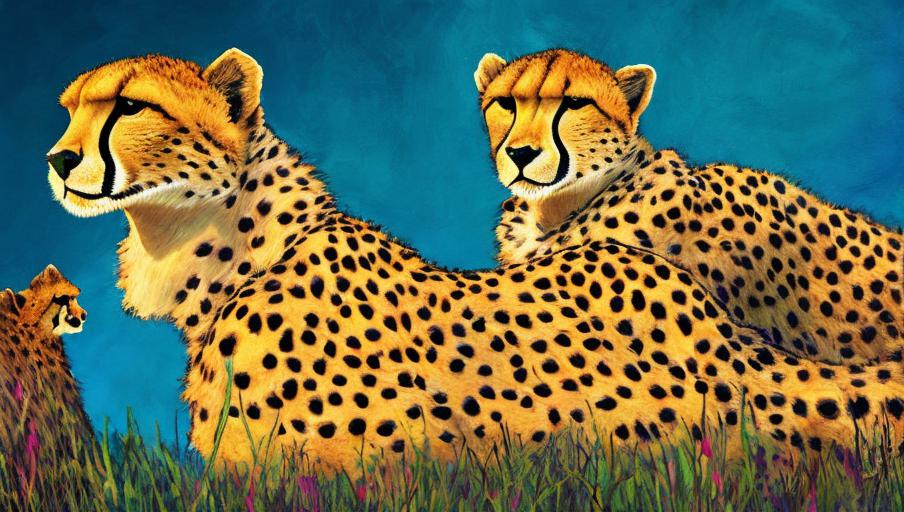
Cheetah Moms: A Dedication to their Cubs
Cheetahs are solitary animals, typically living and hunting on their own, but when it comes to raising their young, cheetah mothers are dedicated and devoted. Cheetah moms take on the important role of teaching their cubs how to survive in the wild, from finding food to defending themselves from predators.
The Birthing Process
Cheetah mothers give birth to a litter of cubs, usually two to four, after a gestation period of 90-95 days. The cubs are born blind and helpless, and rely completely on their mother for sustenance and protection. The mother will move her cubs to a den to protect them from predators, such as lions, leopards, and hyenas.
Teaching Survival Skills
As the cubs grow, their mother will teach them vital skills they need to survive in the wild. She will teach them how to hunt, defend themselves, and recognize danger. Cheetah moms will also teach their cubs how to avoid humans, as cheetahs have been endangered by human-wildlife conflict.
Family Bonding Time
Cheetah mothers also provide their cubs with love and affection. They will play with their cubs and groom them, teaching them important social skills. The cubs will also learn how to interact with other cheetahs and build relationships.
Leaving the Nest
After 18-24 months, the cubs are ready to leave the den and go out on their own. The mother will bid them goodbye, and the cubs will set out to find their own territory and start their own family.
Cheetah Conservation Efforts
Cheetah mothers are fiercely devoted to their cubs, and conservation efforts must be made to ensure their safety and survival. Conservationists are working to protect cheetahs and their habitats, while also educating local communities to reduce human-wildlife conflict.
Cheetah mothers are amazing creatures, and their dedication to raising their cubs is truly inspiring. We must do our part to protect these animals and their habitats, so their cubs can grow up safe and healthy.

